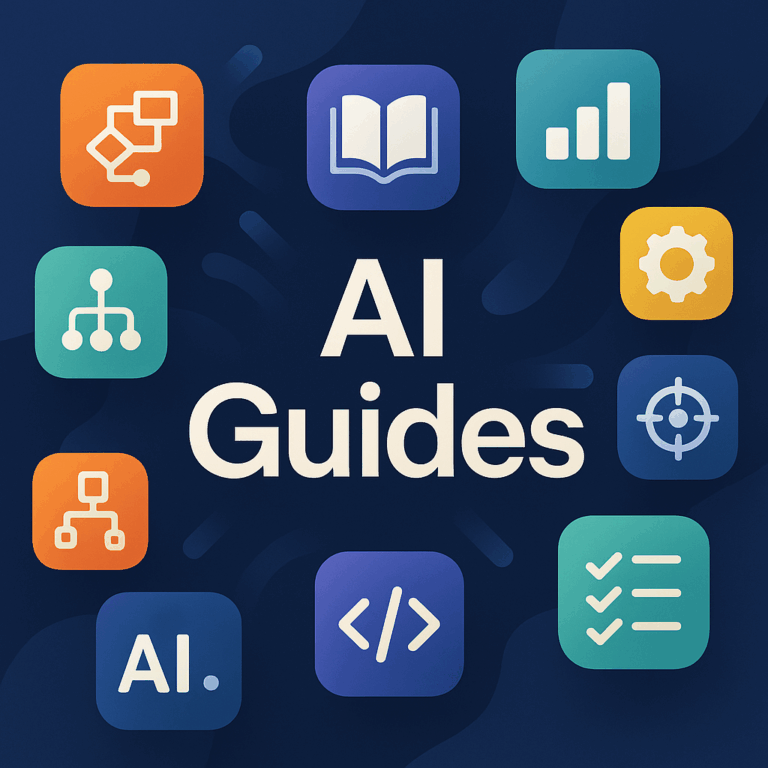Преодоляване на различията: Нужди от обучение и умения в областта на генеративния изкуствен интелект в Европа
Генеративният изкуствен интелект (ИИ) бързо се утвърди като трансформираща сила в различните индустрии, променяйки не само технологичното развитие, но и уменията, необходими на пазара на труда. Неотдавнашен анализ, проведен от проекта GenAISA, комбиниращ резултати от проучвания сред образователни институции и данни за пазара на труда в цяла Европа, подчертава както напредъка, така и предизвикателствата при съгласуването на обучението с нуждите на работната сила.
Разширяване на образователните предложения
Проучването, проведено в 14 европейски държави с 96 участващи организации, показва, че образованието в областта на изкуствения интелект се е превърнало в утвърдена част от европейския образователен пейзаж. В момента 63% организации вече предлагат обучение, свързано с изкуствен интелект, а други 24% планират да въведат такива програми през следващите две години.
Генеративният изкуствен интелект, по-специално, набира скорост: 49% от респондентите вече предоставят специализирано обучение, най-често под формата на семинари и онлайн курсове, докато почти един на всеки петима планира да го направи в близко бъдеще. Тези инициативи често се ръководят вътрешно, обхващайки теми от инженерство и бизнес до образование и приложения, ориентирани към потребителя.
Това отразява нарастващия институционален ангажимент към генеративното образование в областта на изкуствения интелект. Проучването обаче посочва и предизвикателства, включително ограничени ресурси, трудности при разработването на учебни програми и ограничен достъп до съответните технологии.
Търсени умения: Прозрения от пазара на труда
Анализът на 15 621 обяви за работа в целия ЕС предоставя критичен контекст за разбиране на това доколко текущото обучение е съобразено с нуждите на пазара на труда. Очертават се няколко ключови констатации:
- Основните технически умения остават от съществено значение. Програмирането на Python се откроява като най-постоянно търсената компетенция, появявайки се както в технически, така и в хибридни роли. Други технически умения, като например обработката на естествен език, продължават да заемат видно място.
- Меките умения са незаменими. Комуникацията, междуфункционалното сътрудничество и работата в екип се появяват често в обявите за работа, което подчертава тяхната важност дори във високотехнически области.
- Хибридните и интердисциплинарните роли се увеличават. Умения като управление на проекти, дизайн на потребителското изживяване и управление на данни се вграждат в роли, които традиционно са били по-технически. Тази тенденция сигнализира за преминаване към мултидисциплинарна компетентност.
- Генеративният изкуствен интелект се разпространява отвъд технологичния сектор. Професиите в дизайна, инженерството и дори производството все по-често използват инструменти, подпомагани от изкуствен интелект, което демонстрира разпространението на технологията в различни индустрии.
Тези открития подчертават както сложността, така и динамиката на търсенето, което далеч надхвърля традиционните роли в областта на изкуствения интелект.
Разлики между нуждите от обучение и работна ръка
Въпреки че доставчиците на образователни услуги разширяват предлаганите от тях услуги, изследването идентифицира пропуски в обхвата и съгласуваността. Много от настоящите курсове все още третират генеративния изкуствен интелект като модул в рамките на по-широки учебни програми за изкуствен интелект, а не като отделна и специализирана област на обучение. Това създава недостиг в подготовката на учащите се за специфични за сектора приложения и нововъзникващи професионални роли.
По-специално, пазарът на труда сочи нарастващо търсене на нюансирани клъстери от умения, които обхващат различни дисциплини, съчетавайки техническа експертиза с бизнес проницателност, дизайнерско мислене, етика и разбиране на регулаторните разпоредби. Тези изисквания все още не са напълно отразени в най-често срещаните образователни формати.
Аргументи за гъвкаво и съгласувано образование
Крайното заключение от анализа е ясно: има спешна нужда от по-гъвкави и по-добре съгласувани програми за обучение по генеративен изкуствен интелект в Европа. Бързите темпове на технологично развитие изискват учебни програми, които не само се актуализират редовно, но и отговарят на регионалните и специфичните за сектора динамики.
Подготовката на следващото поколение специалисти по изкуствен интелект ще изисква интегрирани програми, които едновременно насърчават технически, стратегически и съвместни умения. Този подход ще даде възможност на учащите се да успеят на бързо развиващия се пазар на труда, където генеративният изкуствен интелект вече не е ограничен до специализирани области, а е внедрен в различни индустрии.
За да получите повече информация, можете да получите достъп до документа „D2.1 Предложения за образование и обучение в областта на генеративния изкуствен интелект и нужди от умения“ тук.



